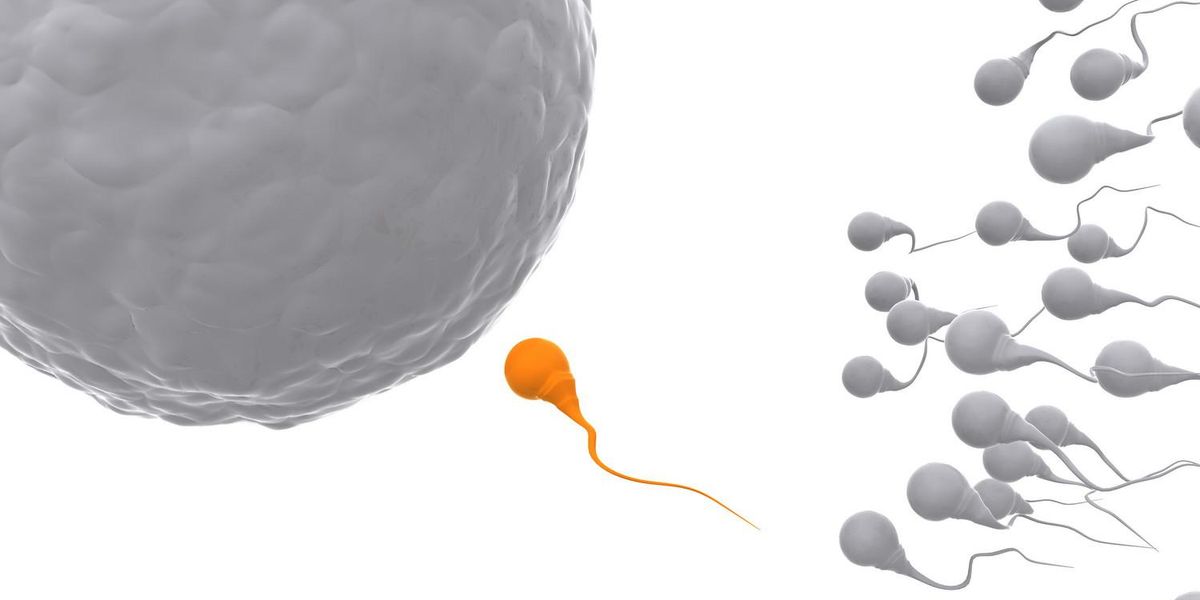
Your hormones have been hijacked.
Your body’s astonishing, finely calibrated signal system – a system that controls everything from your weight to your fertility to your mood – has been scrambled by loosely regulated chemicals manufacturers use in a myriad of ways including in consumer products.
These hijackers – known to scientists as “endocrine-disrupting chemicals” – are threatening our existence as a species. Driving this problem are chemical companies focused only on cheap plastics and regulators unwilling to do anything about it.
I know that sounds dramatic. I wish it weren’t true. But thousands of rigorous research projects costing hundreds of millions of dollars over the past two decades has made it clear.
Male fertility is dropping precipitously, and it is clear that these chemicals are at the heart of it. I’m half the man my grandfather was, and my grandsons will be half the man I am. In some countries, half of all couples seeking pregnancy require medical intervention.
This is what’s so important about a ground-breaking book on fertility, “Count Down,” published this week by Shanna Swan, my good friend and a pioneering reproductive epidemiologist at Mount Sinai’s Icahn School of Medicine. She lays out, in vivid detail, the environmental factors contributing to dropping fertility rates worldwide.
Grounded in irrefutable science and laced with dry, engaging wit, this epic book asks monumental questions. If you dream of children, grandchildren and generations beyond, you must read it.
But the problems with endocrine-disrupting chemicals do not stop at our bodies.
Web of life at risk
The web of life on which we depend is also at risk, as these chemicals work their way through sensitive and complex ecosystems. For example, insect populations are collapsing worldwide, and the science shows that these chemicals are playing a significant role in this. When combined with climate change and habitat destruction, the pressures are enormous.
We also know that early exposure to endocrine-disrupting chemicals reduces IQ. To paraphrase another scientist, we may not be smart enough to solve this problem before we realize how bad it is.
Our hospitals are full of patients whose chronic diseases are triggered and/or worsened by endocrine-disrupting chemical’s, including diabetes, obesity, and cancer. Setting aside for the moment the astonishing emotional cost of not being able to conceive or being saddled with chronic, debilitating illnesses, the impact on our national health, productivity and health care costs is clearly in the hundreds of billions of dollars.
My granddaughter, now 2 years old, was born in Alta Bates Hospital in Oakland, California, two months premature. The plastics in the devices that were used to save her life were essential. Yet I’d bet a year’s salary that the reason she was born prematurely is that my daughter was living in San Francisco during the fires in Paradise, California, of early November 2018, when thousands of pounds of plastics burned for days and coated the Bay Area with their smoke. [For more, watch the short video below.]
The need for reform
We need different materials. We need to test those that we use now. Not a single plastic molecule now in our environment has been fully tested for endocrine-disrupting properties. Not a single one.
At Environmental Health Sciences, we’ve been working to reform regulatory science for decades. We know that the Food and Drug Administration is using inaccurate standards for testing derived from 16th century science. We know that tiny amounts of these chemicals can corrupt hormonal responses. The high dose testing used by the FDA are utterly incapable of detecting these low dose effects. Hence federal regulatory standards—what is safe and what is not—are laughable and irrelevant to human health.
We need all sectors of our economy and society involved in this. Every single victory we’ve had in this work has included demand for safer materials and better products from the end consumer. It is an absurd situation that we live in this First World economy, where any number of conveniences and products are available, yet we remain awash with endocrine-disrupting chemicals that are hijacking our most sensitive and essential human functions.
Please excuse my scientific jargon – but that’s just nuts. Dr. Swan’s book shows how high the stakes are.
Pete Myers is the founder and chief scientist of Environmental Health Sciences, publisher of EHN.org and DailyClimate.org.
Banner photo credit: Scott Maxwell/flickr

